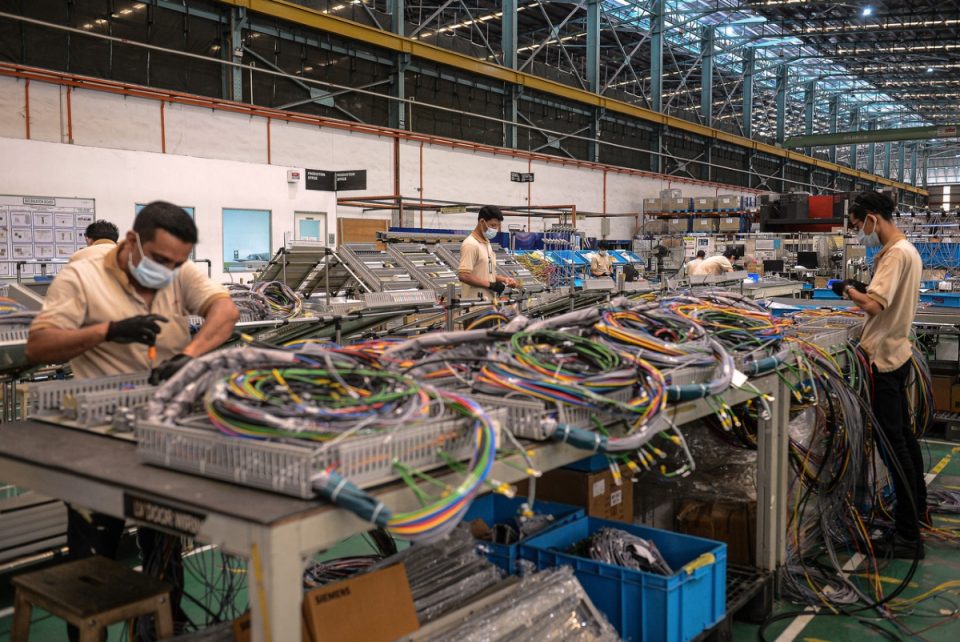KUALA LUMPUR, Sept 11 — The Federation of Malaysian Manufacturers (FMM) said the country’s manufacturing sector slowed down further in the first half of 2023 (1H2023) and with the global economy tilted towards the downside, the sector’s outlook for the 2H2023 remains cautious.
Looking ahead, the statement said the sector is ‘likely in anticipation of the persistently weak external conditions and (waiting for) clearer domestic economic policies and directions from the government to help spur higher investments and Malaysia’s growth momentum.’
This was gleaned from its FMM Business Conditions Survey conducted from July 5 to August 18, which drew 351 respondents nationwide. The survey tracked business confidence via the FMM Business Conditions Index (FMM BCI) and covered the actual performance in 1H2023 and the outlook for 2H2023.
The survey showed all indicators had declined from the previous survey, except for production cost, it said in a statement.
27 per cent of the respondents are considering streamlining their production lines, 18 per cent will likely engage in high-growth projects and only eight per cent are interested in digitalising their businesses.
The survey indicated most respondents were ‘cautiously optimistic’ about the 2024 economic outlook, 35 per cent said the economy would improve in 2024, 39 per cent were neutral, and 25 per cent were pessimistic.
The statement added that companies are exploring the use of alternative currencies for their imports and exports to reduce US dollar reliance with the Chinese renminbi as their top choice, followed by the euro and Japanese yen.
On the impact of the fifth rise in the overnight policy rate (OPR) by another 25 basis points to three per cent in May 2023 by Bank Negara Malaysia (BNM) — which was maintained at three per cent on September 7, 2023 — the statement said 41 per cent of the respondents saw a rise of between one and three per cent in operating cost while 19 per cent said cost rose by four to six per cent.
Only 25 per cent were not affected by the May 2023 OPR rise.
Should the OPR increase further by 25 basis points by end-2023, the impact on most business revenues and profits is ‘expected to be minimal’, that is, less than 30 per cent, as indicated by between 35 per cent and 44 per cent of the respondents.
— Bernama





